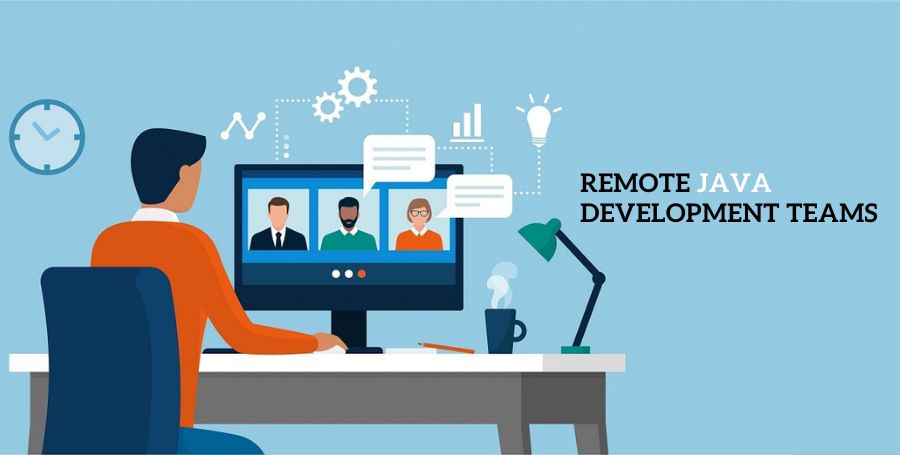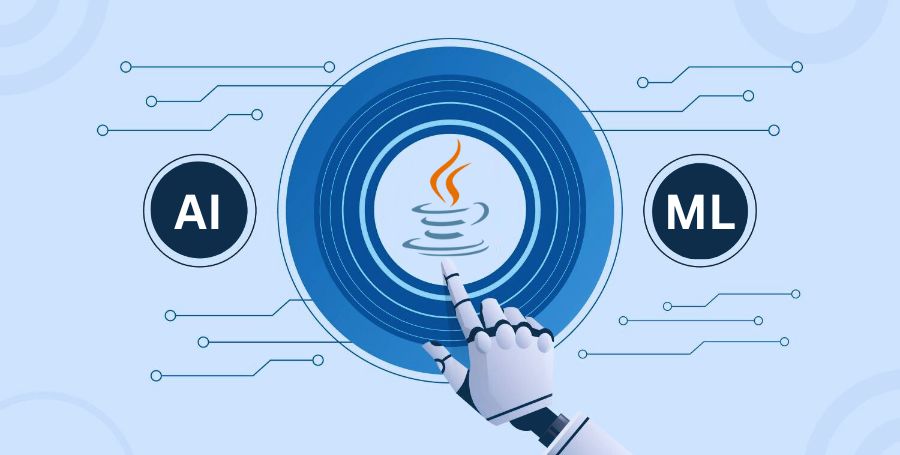The emergence of low-code/no-code (LC/NC) development platforms has drastically changed the software development landscape in recent years. These tools can democratize software development by enabling people with minimal coding experience to build software applications. However, as companies increasingly examine these platforms, concerns about their effectiveness, scalability, and place in traditional development techniques emerge.
This piece explores the phenomenon of Low-Code/No-Code, analyzing its effects on the market and the possible contribution of offshore software development firms.
The Impact of Low-Code/No-Code Development on Software Sector
In the computer sector, low-code/no-code development has become a disruptive force that promises to make software production more accessible to everybody. Creating apps quickly is possible for anyone with no coding experience with this method.
Its effectiveness is up for debate, with some wondering if it’s just marketing speak or if it democratizes software development. In this discussion, offshore software development businesses are essential since they help spread the use of these tools throughout the world. This introduction explores the ever-changing Low-Code/No-Code world, examining its possible implications and taking into account how offshore software development companies have shaped this story.
The tech community is engaged in a heated dispute over the introduction of Low-Code/No-Code (LC/NC) platforms in the constantly changing field of software development. These platforms allow people with no coding experience to construct complex apps, which has the potential to completely transform the way software is developed today. There is a big question: are LC/NC platforms democratizing software innovation, as their supporters claim, or are they just riding the wave of hype?
The Philosophy of Low-Code/No-Code
Simplifying the application development process is at the center of the Low-Code/No-Code philosophy. This method lessens the requirement for complex coding knowledge by utilizing visual interfaces, drag-and-drop capability, and pre-built components. The argument put up by LC/NC proponents is that by democratizing software development, a wider spectrum of professionals—including business analysts and domain experts—can actively participate in the building of applications.
Still, suspicion endures. Opponents contend that whereas LC/NC platforms could potentially reduce entry barriers, they may also jeopardize the stability and scalability provided by conventional coding techniques. There are questions concerning the degree of customization and adaptability that may be attained without traditional coding expertise, raising concerns about the sustainability and long-term profitability of applications created on such platforms.
Role of Offshore Software Development Companies
The role that offshore software development businesses play in the LC/NC paradigm adds another level of complication to this conversation. These software development services companies are looking more and more at how LC/NC platforms may improve their workflows and speed up application delivery. The term offshore software development company becomes entangled in the discussion, prompting questions about how these organizations use LC/NC tools, the difficulties they face, and the effect they have on the software development sector as a whole.
Our goal in this investigation of LC/NC development is to analyze the benefits and drawbacks of these platforms to determine whether the excitement around them is industry hype or if they democratize software creation.
We’ll closely examine how offshore software development companies have embraced and adjusted to the changing field of Low-Code/No-Code development.
What Low-Code/No-Code Development Means Platforms with low-code and no-code development are made to make the process of creating applications simpler and require less comprehensive knowledge of coding. Low-code systems usually use visual interfaces and pre-built components with little to no manual coding. However, No-Code platforms use a drag-and-drop method to allow users to construct programs, doing away with the need for code entirely.
Democratizing the Software Industry
The potential of LC/NC development to democratize software creation is one of the main arguments in its favor. These platforms make it possible for people with different backgrounds—including business analysts—to actively engage in the development process by decreasing the entry barrier. This can result in more agile application development, quicker prototyping, and improved communication between IT and non-technical teams.
The Buzz Around LC/NC
Though democratization has been promised, questions remain regarding the efficiency and scalability of LC/NC development. Opponents contend that although these platforms might work well for basic applications or prototypes, they might not be up to par for intricate, large-scale undertakings. It’s unclear whether the LC/NC tools are genuinely revolutionizing software development given the hype around them.
The LC/NC Landscape’s Offshore
Let me introduce offshore software development companies, which are companies that focus on providing software solutions through remote means. Offshore firms can be vital in offering knowledge and assistance when companies investigate LC/NC platforms. These businesses have years of experience with traditional software development techniques and know how to handle any challenges that may arise when incorporating LC/NC technology into an already existing workflow.
Benefits of Merging Offshore Development
Experience with LC/NC for Conventional Development: Traditional coding approaches and methodologies are often well-understood by offshore software development organizations.
This knowledge can be very helpful in navigating the constraints of LC/NC platforms and guaranteeing a smooth integration with current systems.
Scalability – Offshore businesses can aid in scaling initiatives, even if LC/NC platforms are praised for their quick application development times. To improve and enhance the capabilities of LC/NC-built systems, the experience of offshore developers is essential when there is a need for more sophisticated features or higher performance.
Risk Mitigation – Offshore software development firms offer a certain level of risk mitigation. They can help companies identify potential barriers to LC/NC development at an early stage and formulate plans to overcome them. Over time, this proactive strategy might result in time and resource savings.
LC/NC development, the software development environment is changing. Combining the LC/NC platform with the know-how of offshore software development companies presents a robust approach to compromise between speed, flexibility, and scalability. The industry, however, must continue to be alert to the risks and pitfalls posed by this strategy so that the promise of democratization does not jeopardize the reliability and security of software programs.
Conclusion
There is no denying that Low-Code/No-Code development has revolutionized software development. Time will tell if it genuinely democratizes the process or if it continues to be an addition to conventional development techniques. Utilizing their established processes and expertise, offshore software development companies may play a crucial role in addressing the difficulties and maximizing the advantages of LC/NC systems.
Strategic integration of LC/NC with offshore development services may hold the key to opening up a future where software creation is affordable for a larger audience without sacrificing quality and scalability, as organizations negotiate this ever-changing terrain.
Undoubtedly, the low-code/no-code (LC/NC) development paradigm has significantly changed the software development environment. The supporters argue that it democratizes the process of building software by allowing people with little experience in coding to make significant contributions. This openness can result in diverse perspectives influencing technology advancements and encouraging creativity from unexpected sources.
But amid all the excitement, doubt lurks. It is still relevant to wonder if LC/NC is indeed democratizing software innovation or is only capitalizing on the hype. Although LC/NC systems make software development more accessible, some contend that they also run the risk of promoting a rudimentary understanding of the field. If these technologies are used excessively, the depth of understanding and problem-solving abilities that are typically associated with coding may be compromised.
An additional degree of complexity is introduced in this context by the involvement of offshore software development organizations. These businesses, which are frequently skilled in conventional coding techniques, need to change with the times. The dynamics of offshore development may change as a result of LC/NC technologies, necessitating a recalibration of skill sets and service offers. However, they might discover fresh chances to help clients navigate the LC/NC terrain by offering advice and support.
Striking the correct balance is essential in this changing environment. Software development could become more accessible to a wider audience by becoming more democratized through LC/NC development. It must, however, be carefully included in the greater development ecology, recognizing its advantages and tackling its disadvantages. Because they are flexible organizations used to change, offshore software development firms can be quite helpful in bridging the gap between traditional and LC/NC approaches.
Whether or not LC/NC will become a game-changing phenomenon or just a fad will depend on how well it integrates with the fundamentals of software development. The way these tools and offshore software development companies work together can set the direction for the industry moving forward, where innovation and inclusiveness coexist.





